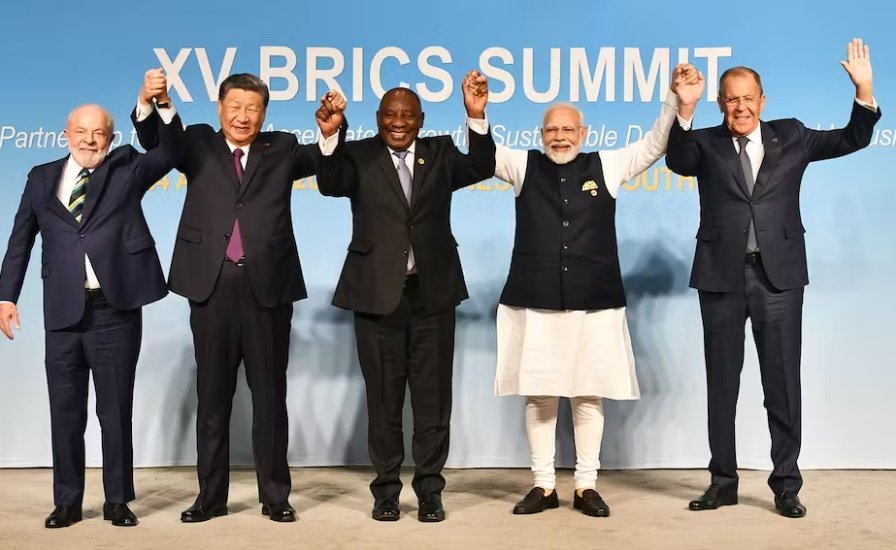A handful of developing countries are inspired by the BRICS alliance to ditch the US dollar for cross-border transactions. Emerging economies are taking cues from the bloc to de-dollarize their economies and make local currencies the sole beneficiary for payments. The calls to cut ties with the US dollar are growing and the White House is unable to clamp it down.
Also Read: BRICS: US Could Toughen Sanctions on Russia’s Oil Exports
BRICS members China, Russia, and Iran are advancing the de-dollarization initiative by pushing local currencies ahead for trade. The move is adding pressure on the greenback’s prospects as it could lose out on the demand and supply dynamics. They are also diversifying their central bank reserves by adding gold and other currencies and commodities. Read here to know how many sectors in the US will be affected if BRICS ditches the dollar for trade.
Also Read: BRICS: India Makes Huge Announcement on New Currency
BRICS Advancing To End US Dollar’s Supremacy
Source: AFP
The central banks of BRICS and other developing countries are diversifying their reserves giving the US dollar a run for their money. “By diversifying their holdings reserves into a more multi-currency sort of portfolio. Perhaps they can reduce that pressure on their external sectors,” said Cedric Chehab from Fitch Solutions to CNBC.
Also Read: The US Dollar’s Clout Is Decreasing Globally, Says BRICS
As BRICS member China’s influence is growing, it is also setting the stage for the de-dollarization agenda to grow rapidly. “As China’s economic might continues to rise, that means that it’ll exert more influence in global financial institutions and trade,” he said. Another benefit for countries moving away from the US dollar as the middleman in bilateral trade
BRICS countries could benefit if they trade in local currencies as it’ll help them move up the value chain. Trading in local currencies “allows exporters and importers to balance risks, have more options to invest, to have more certainty about the revenues and sales,” said former Brazilian ambassador to China, Marcos Caramuru.






